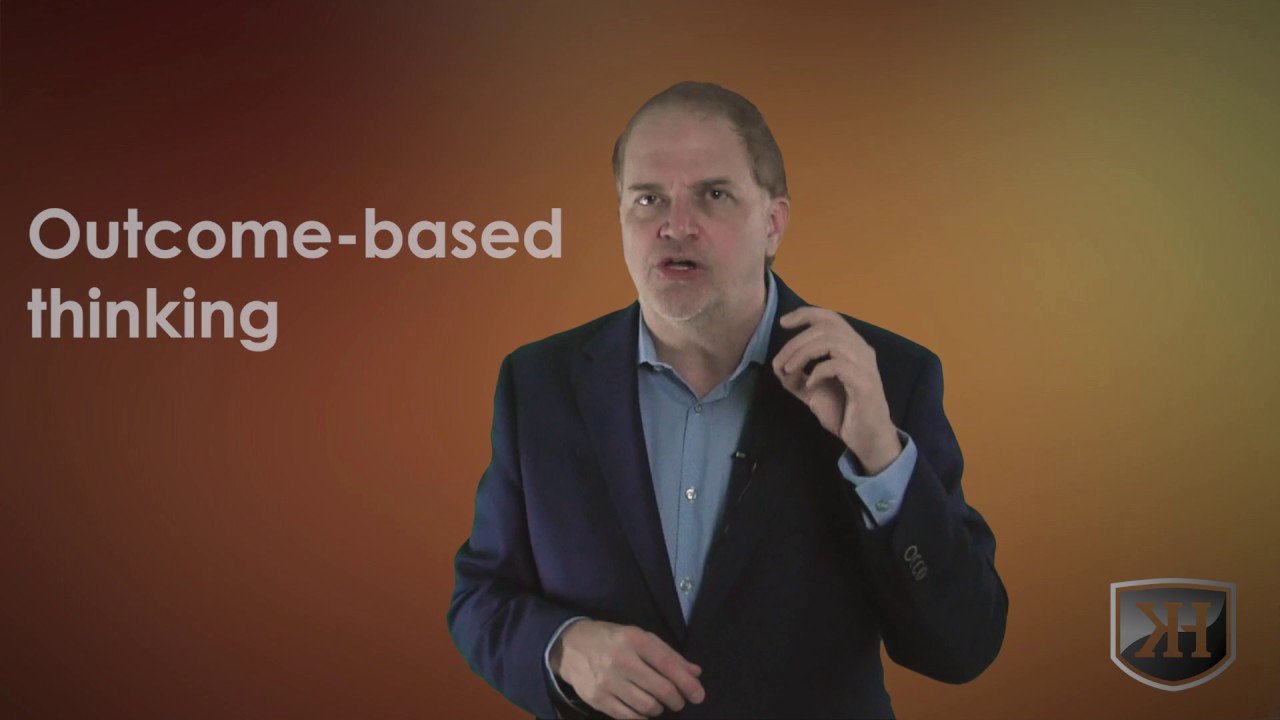
The Harvard Business Review polled CEO’s. CEO’s. And the CEO’s of the big companies all over the USA told HBR that they averaged 1 (one) productive hour of work per day.
I gotta tell ya’.
I average about one hour of productive work every 15 minutes. That’s not braggadocio (try spelling that without a spell checker) it’s just real.
CEO’s: 1 hour per day!!
It’s pretty simple. People who are productive are worth more.
People who are unproductive are worth less.
People who don’t produce spend their 9-5 at a government building. This is not to say that nothing good happens in a government building. It means produce vs. administrate, manage, etc.
Almost every time – “management” program starts off with all these things you should be doing and while there is a lot of good information in time management programs, people will always fail if they don’t focus on time PRODUCTION.
That means producing more time to accomplish what you want to do.
That means producing more when you use your time.
So what is the starting point?
Simple.
Let’s figure out what people do that causes them to self implode, go broke, be worthless or worth less, be hard to employ (“I can’t find a job.”).
In order to keep this article manageable I’ll only focus on five huge destroyers of profit and love. (Same things kill both) There are many more.
THINK: “I can’t find a job.”
Do people believe that jobs are “hidden?”
They aren’t. Every company on this planet is looking to hire more people to sell their products and services. I don’t know of *any* exceptions.
There are no “jobs” to “find.” They aren’t lost. People have this incredible problem in their language-action connection in their brain.

THINK: You can’t manage your time until you have some time to manage.
So start by getting rid of wasted time.
(No, I’m not going to tell you to turn off the TV. In fact, I encourage you to turn it on and have it on all day. More on this another day.)
Ready?
MEETINGS: people in meetings all day are not getting things done.

Meetings have their place.
I always liked the idea of an ANNUAL MEETING.
They are an important way to deal with group issues, create plans and get feedback.
I’ll be blunt here. I’ve sat in maybe 5 meetings in my LIFE that were valuable to be at for the people in the room. Almost no one understands how to make a successful meeting happen.
The problem is managers want to make their time seem important so they call their employees together without a plan AND OUTCOME.
When these meetings start each person has a separate agenda.
That is insane. If the purpose is unclear and the participants unprepared are you going to come to a clear and quick decision?
If you have to have meetings (and I promise you that you don’t)…
To avoid wasting time with meetings try the following:
- Create an agenda giving each item a time allotment. Prioritize the agenda so the most important issues are dealt with first and quickly.
- Send the agenda to each participant so they can come prepared. Plan your meeting a week ahead of time…or a month ahead.
- Focus on getting a solution – scheduling another meeting should not be the solution although it may be a part of completing the plan. (Find the solution.)
- Avoid last minute meetings
- Schedule meetings for the end of the day or week or month or year…so that all involved can arrange their work flow and jump right into their tasks the next morning.
- If the issue can be dealt with on the phone or through email don’t plan a meeting.
PHONE CALLS: You don’t have to answer the stupid telephone every time it rings.
Think of this: If you go to the phone every time it rings and your children are safe and sound, you are not a person, you are Pavlov’s dog.
Bell: Salivate
Ring: Pick up phone.
You are not a dog and Pavlov is not in your office!

NO!
If you have blocked a certain time for working on a task do not let phone calls interrupt your momentum. While you may feel that you need always be ‘on-call’ the truth is that you are losing productivity by permitting continual interruptions to your work flow.
Successful people rarely answer the phone. Exceptions? Sure there are. But think of what happens when you answer the phone.
You talk and talk and talk and talk. Or they do.
Unless you get PAID to answer the phone. Let that baby ring.
If you must answer the call and the person can wait ask them for a time when you can call back and discuss the issue. Not only will you set boundaries with your time but you can be prepared to deal with the call without other distractions.
To avoid wasting time with phone calls try the following:
- Turn off your phone for each “half” of your day while you complete your task. If that is too much then do it for one two hours.
- Ask that your calls be held for the allotted time(making exceptions for those who need it – like your boss).
- If you answer tell the person you are in the middle of a task so you need to schedule a return call later that day. Decide who will make the return call and when.
At my house, there is a rule. If you pick up the phone, YOU have to talk to the person even if they are calling to talk to someone else. It’s that simple…
DROP-IN VISITORS: “Do You Have a Minute” will always take longer.

First of all, there are NO drop in visitors. There are people who have an open invitation, and you tell them that. There are people who see you by appointment. There are people who don’t see you.
Period.
If you cannot finish a task without a co-worker stopping in to ask you for a minute of your time you may find your whole day is occupied with ‘one minute’ issues. Often the individual will get comfortable and discuss many more items than the one they initially came to you with.
Let them hire a therapist. YOU accomplish your work so you can have TIME to be with the people YOU want to be with.
While some positions do require an open door policy, or you may not have an office you can close the door to, it is important to have uninterrupted time in your day to complete the tasks on your list.
To avoid wasting time with ‘drop-ins’ try the following:
-
- Schedule the time you are not available so YOU stand by your decision
- Close the door or use a ‘do-not-disturb’ sign to discourage idle visitors.
- If you must deal with a situation or individual ask for the details and suggest you find a time to sit down and discuss it. Schedule it in so they know you view it as important and want to give them your time.
Working at the WRONG TIME: Wasting Your Resources
Are you always planning activities that clash with other people’s schedules?
Do you find the time you allotted to make calls (such as lunch time) means you are not able to get a hold of anyone? Do you ask for help when everyone else is too busy?
Rearranging your schedule to make the most of your time will prevent you from ‘‘getting in your own way’. Find the most opportune times for tasks and your day will be much more productive.
To avoid wasting time with bad scheduling try the following:
- Do you find more people available to talk later in the day? Make all your return calls then. If people want to talk to you, tell them to wait til after work. Then you’ll find they get right to the point.
- Do you often need to ask for assistance with big projects? Plan ahead so that your project does not conflict with other people’s schedules.
- Give yourself extra lead time. Things don’t always work out like you plan, give yourself some extra time so you can make your deadlines even if you have setbacks. Check up on delegated tasks to make sure they’re on schedule and give them early deadlines as well.
Solutions…Complete Near Term Projects:

One of the key ingredients for successfully managing your time is identifying your outcomes.
Moving toward your outcomes until completion are what will keep you motivated and focused – both essential to being productive.
What do outcomes have to do with time management?
When you have determined where you want your life to be in one year – or five, it will have an impact on what you do TODAY. A person who dreams of being a lawyer will not have much success obtaining that goal if they don’t first make the time to fit studying and school into their schedule today.
Many long term goals will have short term outcomes that lead to them. Not only does this make practical sense (ie: getting accepted to University is a shorter term goal than becoming a partner in a law firm) but it also helps you from becoming overwhelmed or losing sight of your goals.
If you are trying to manage your time it is because you recognize that there is a limited supply and it is all valuable. While responsibilities at work and home may be what dictates how you plan your day, shouldn’t all (or most) of this time work in harmony with your goals? This may mean some big changes, or it may just mean adjusting some things in your routine.
When you start planning your time with your outcome in mind it is easier to appreciate the benefits of what you are doing and prevents you from getting caught up in time wasters – activities that use up your time but are ultimately unprofitable either in money or your personal life.
A lot more on this next time!

The Millionaire Mind: Complete Wealth Package
The Psychology of Wealth: How the Unconscious Mind keeps you from money.

Whether you want to help others build wealth or do it for yourself, you’re going to need the information in this new and exciting program. The answer is NOT out there. It is not some metaphyical concept. It is real. The unconscious mind (the part of you that most often determines what you do in life) is not wired to accumulate wealth. This Psychology of Wealth Accumulation will show you how to change that…to re-structure your thinking for a lifetime of abundance.
Fact: The same part of the brain the keeps people from losing weight keeps people from great wealth!
I’m going to take you through your unconscious mind and and make sure every change you need to make takes place. I’m going to take you through a process whereby any doubts you have about wealth accumulation are either restructured to be used as leverage to accumulate wealth or as a tool to prepare for future challenges related to money.
Accumulating wealth is going to become a mind game that you win every time.
How you think at the conscious and unconscious level will determine how much you will accumulate. My job is to get you to instantly respond to money and how it is directed… in very specific ways. Once you can do this, it is remarkably easy to accumulate it.
Wealth is an elusive thing for most people. People start on programs to make money, and, much like losing weight, they fail within weeks. Here is a fact: There are critical factors involved and you will discover them all.
When you think about it…there are probably more get-rich programs available than just about any “self development” theme. This is NOT one of them. I’ve seen very few ways to get “rich” quickly that were legal…or even ethical.
I think one of the most important turning points of my life was when I discovered that I had (at the unconscious level) self-sabotaged myself. I had used and heard that term many times. Never did it really sink in that with some powerful processing, I could isolate those causes and “unhook them.” Once I was able to do this, accumulating wealth was just about as basic as accumulating dust. BUT none of it would have ever happened had I not ventured deep inside to discover just what was holding me back. This is what you are going to be able to do, by yourself in the privacy of your own home.
This program is unique in approach and more importantly, it works. This is NOT a get-rich-quick scheme nor is it a savings program. It is about changing subconscious conditioning in less than one month and literally accumulating wealth.
Learn the golden key to the thinking process that makes wealth accumulation possible.
There are 12 fears that run your life decisions and behaviors as they relate to wealth accumulation. You’re going to learn how to see these fears and begin to unplug them. Without uprooting the causes of making the wrong decisions at the right moments…people are going to continue making them … forever.
Kevin Hogan shows you how to go back, deep into your past, and find the critical sensitizing experiences that have dramatically shaped your life as far as making and accumulating money. (There is an enormous distinction between making money and accumulating it. It is quite easy to make money. It is substantially more difficult to accumulate it…a critical distinction that we make in the Psychology of Wealth Accumulation!)
This program will literally show you how to build a bridge from self sabotage to prosperity!
Discover counter intentions and how to change them to parallel systems of achievement. Less than 4% of people are been equipped to deal with all six of the psychological paradoxes that cause people to fail in growing wealth. The reason is simple. Most of these paradoxes are “new.” For the most part, they didn’t exist when you were a child. They do now. The roots of some of these paradoxes lie within the evolution of how you “experience work,” how you have built the beliefs about your life and your work and how deeply your programming about change has been ingrained into the depths of your mind. Now you will discover how to defeat all six paradoxes that are operating in your mind and finally move forward on your quest to accumulate wealth.
You will have the complete formula to accomplish reframing and begin adding the dollars to your treasure chests. And I’m going to walk you through the entire process.
Learn more about wealth accumulation






















